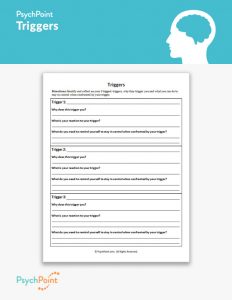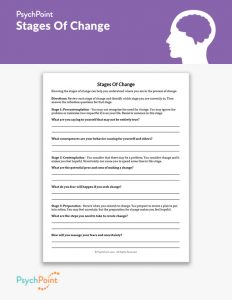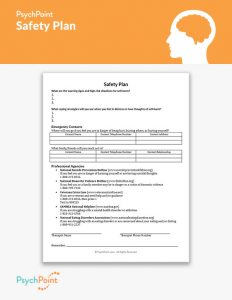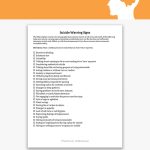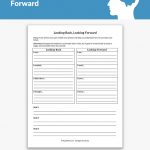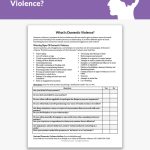Distress Tolerance Skills: ACCEPTS Worksheet
Worksheet updated on August 29th, 2024
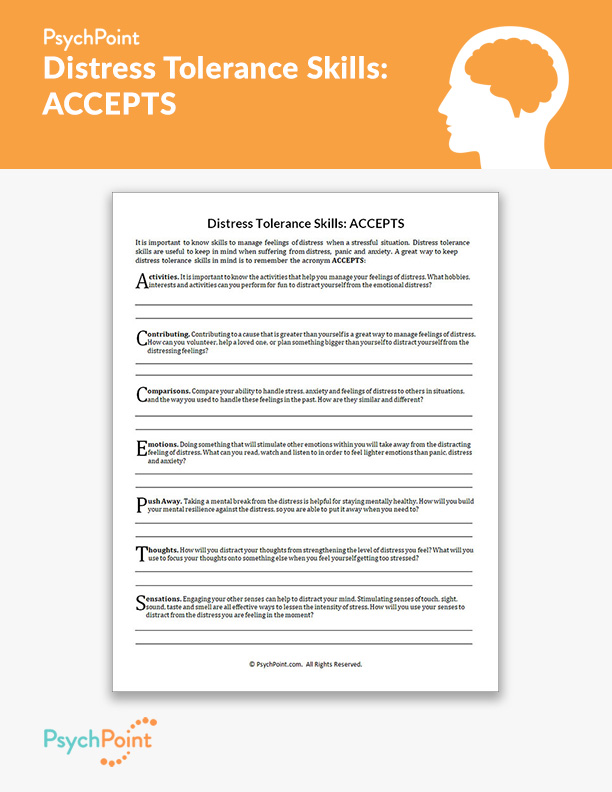
Dialectical behavioral therapy (DBT) offers useful tools for teaching clients in therapy how to handle distressing or upsetting situations. DBT teaches healthy coping skills for distress tolerance, emotional regulation, and the reduction of mood swings and panic attacks. It provides tools that help a client learn how to cope with upsetting emotions like stress, anxiety, depression, anger, and more.
Among the most helpful DBT coping skills for distress tolerance is the acronym ACCEPTS. ACCEPTS offers different types of useful methods for managing overwhelming or uncomfortable emotions.
About This Worksheet
ACCEPTS teaches different methods for distress tolerance. The acronym uses the following tools for helping clients in therapy cope with high stress and big emotions:
- Activities
- Contributing
- Comparisons
- Emotions
- Push Away
- Thoughts
- Sensations
The Distress Tolerance Skills: ACCEPTS worksheet provides a brief explanation and reflection question for each tool. By using this worksheet, the client learns coping skills for distress and other upsetting emotions by reflecting on their thoughts and feelings and how to use the coping skills to minimize distress.
Adults who are participating in dialectical behavioral therapy can benefit from using this worksheet. It can be used in individual or group counseling sessions at the therapist’s discretion.
Instructions
The Distress Tolerance Skills: ACCEPTS worksheet breaks down ACCEPTS to teach clients how to use the acronym when coping with stress and upsetting emotions. Explain how ACCEPTS can help the client cope with stress and review each letter in the acronym.
When you are confident that the client understands the exercise, allow them time to study the acronym and answer the reflection questions. Review their responses with them and discuss how and when the client can use ACCEPTS to cope with distress between sessions. You may ask them questions like “What are the methods on this worksheet that you are most interested in practicing?” or “How can you remind yourself to use ACCEPTS when you are feeling overwhelmed?”.
Provide the client with a completed copy of the worksheet as a reference. Check in with the client on how they used the worksheet to practice ACCEPTS next session.

